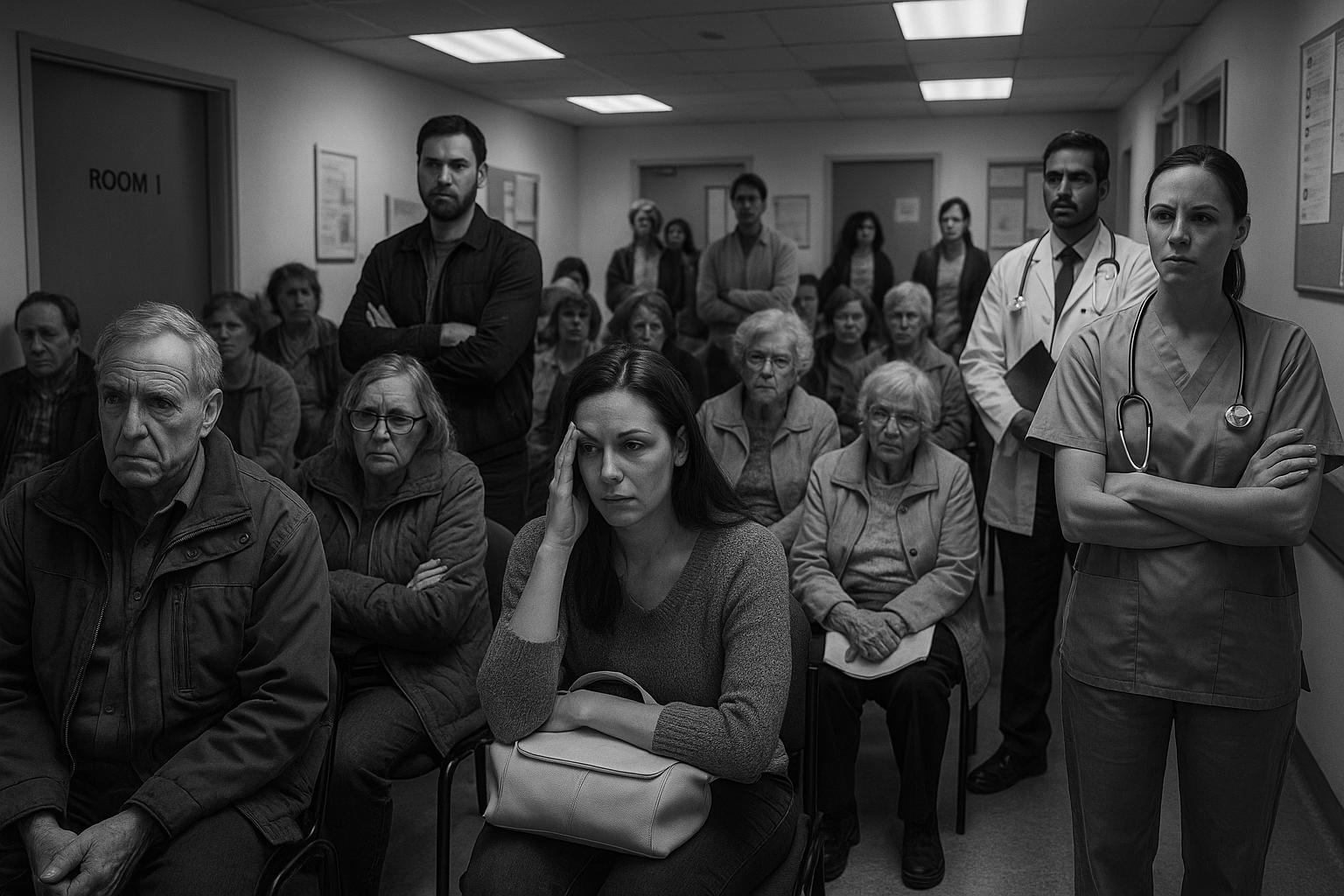Wes Streeting, the current Health Secretary, has ignited a significant conversation surrounding the role of private healthcare in the National Health Service (NHS) amid escalating waiting lists. In recent comments, he indicated that he is open to increasing reliance on the private sector to alleviate the burden on an NHS struggling with a backlog of 7.39 million patients waiting for treatment. Streeting stressed that he would not be "bound by outdated ideological battles," suggesting a pragmatic approach to healthcare delivery, especially in light of the growing patient numbers.
In an article published in the Sunday Telegraph, Streeting challenged the perception that utilizing private sector capacity contradicts NHS principles. He argued, “Nonsense. What contradicts NHS principles is letting people suffer unnecessarily when capacity exists to treat them.” His stance is supported by the government's statistics, which indicate that partnerships with private entities have successfully facilitated over 500,000 treatments, thus contributing to a notable decrease in waiting lists in recent times.
However, Streeting's comments are bound to stir contention among some factions within the Labour Party, particularly those who have taken a staunch opposition to any integration of private healthcare within the NHS framework. Former party leader Jeremy Corbyn expressed concerns, accusing the current leadership of “betraying” the foundational principles of the NHS. The echoes of ideological conflict within the party point to deeper divides over the future direction of healthcare in the UK, especially as the general population grows weary of extended waiting times for necessary medical interventions.
Streeting's personal experience with cancer informs his urgency regarding waiting times. Reflecting on his treatment, he stated, “Cancer taught me that time is precious. When you’re waiting for treatment, every day matters.” This personal narrative reinforces his commitment to ensuring swift care for all patients, regardless of their background or ability to pay.
The shift towards a more inclusive role for private healthcare has garnered support from various quarters. Rachel Power, chief executive of the Patients Association, welcomed the move, emphasising the need for clear communication and patient choice in how care is delivered. She underscored that patients require not just treatment, but also the information and empowerment crucial for making decisions about their healthcare pathways.
Striking a balance between public and private healthcare, Streeting argues that the independent sector stands ready to assist in addressing the NHS backlog. Recent government initiatives aiming to channel additional funds into private operators are perceived as a clear directive to ensure that waiting times do not escalate beyond manageable limits. Analysts suggest that with private operators expected to receive an additional £2.5 billion annually, the integration could help maintain non-urgent hospital care below a maximum waiting time of 18 weeks by spring 2029.
Yet, despite the strategic positioning of private healthcare as a solution to systemic challenges, concerns linger regarding the potential pitfalls of increasing reliance on these services. Critics warn that expanding private care risks reinforcing inequalities in access to timely treatment, creating a two-tier health system where those with means receive faster care.
As the landscape of British healthcare continues to evolve, Streeting's proposals point toward a notable shift in how both government and public perceive the interplay of public and private healthcare systems. With a new agreement between the NHS and the independent sector projected to deliver up to an additional million appointments annually, the stage is set for a contentious yet necessary debate about the future of the NHS and its ability to deliver timely, equitable care for all.
📌 Reference Map:
- Paragraph 1 – [1], [2]
- Paragraph 2 – [1], [3]
- Paragraph 3 – [1], [4], [6]
- Paragraph 4 – [1], [5]
- Paragraph 5 – [1], [7]
Source: Noah Wire Services
